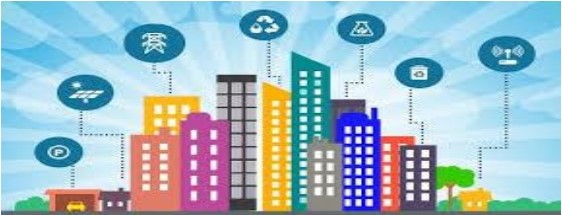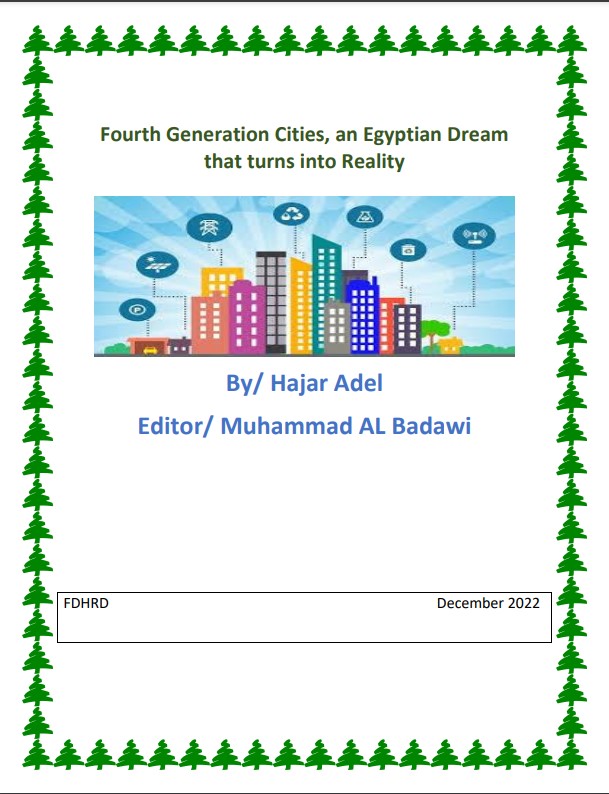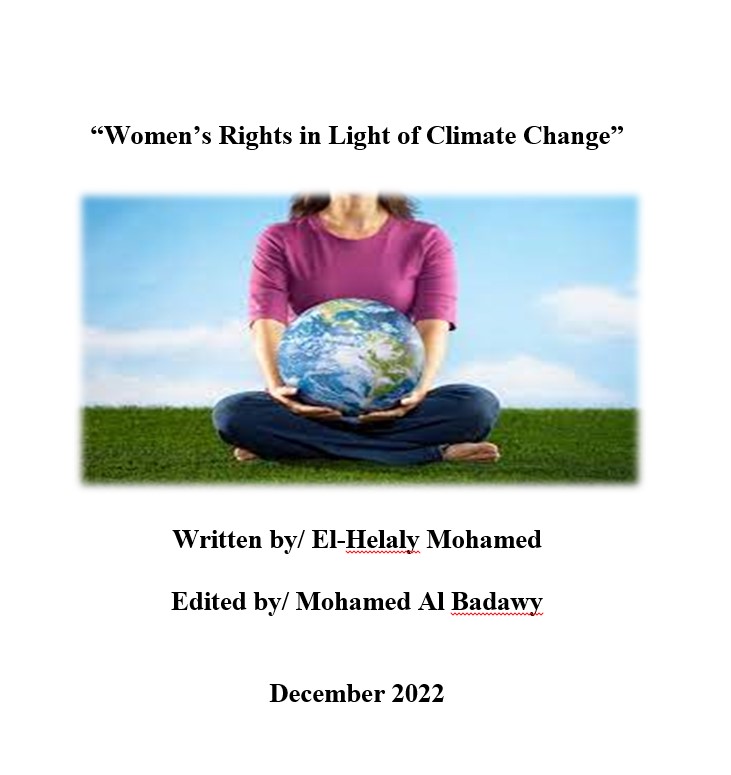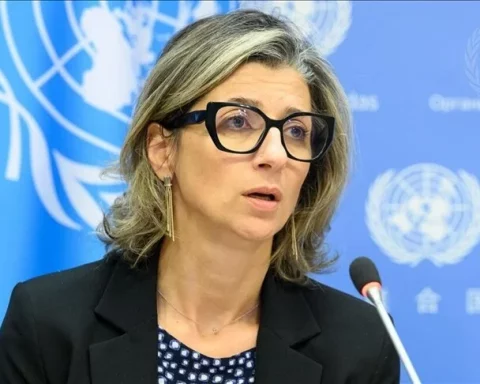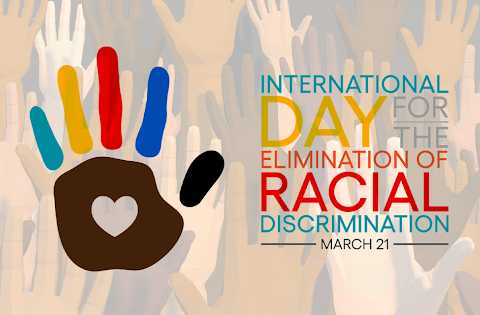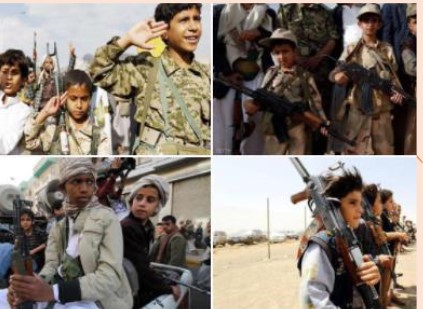Press Release
………………………………………………………….
Today, Tuesday 6/12/2022, The Forum for Development and Human Rights Dialogue (FDHRD) issues its report, “Fourth Generation Cities, an Egyptian dream that turns into reality”. It deals with sustainable smart cities or fourth generation cities, which are one of the main solutions offered to countries of the world to deal with the increase in population density, the crisis of climate change which has recently increased in intensity, as well as the elimination of slums. It aims to reduce the economic, environmental, and social repercussions of the challenges resulting from urban expansion, such as: poverty, health care, energy, and water, by adopting an approach that mainly focuses on the citizens, with these cities providing the necessary solutions to all the problems they face.
The report reviewed several points related to smart cities, represented in:
Definition of Smart Cities – Characteristics of Smart Cities – Benefits of Smart Cities – Egyptian Efforts on Smart Cities: New Mansoura City Model – Challenges Facing Egypt.
The report indicated that a smart city is: “an innovative city that uses information and communication technology to improve the quality of life, the efficiency of urban operations and services, and the ability to compete, while meeting the needs of current and future generations with regard to economic, social, environmental and cultural aspects.”
Smart cities are: “ones that achieve outstanding performance in all fields, through effective partnership between the government and private sectors, regarding improving the quality of life of citizens, raising their awareness, while preserving the environment from any harmful carbon emissions that threaten the future of all humanity.”
The report also referred to the most important characteristics of smart cities, which is its high quality and efficiency, to ensure the comfort of citizens, achieve social cohesion and preserve the community culture. Government transactions are also carried out through electronic means and applications. The government also uses means of communication to exchange information with the population, so that citizens can participate in the decision-making process, and the government can develop policies and strategies that include different points of view.
Moreover, the report discussed to the benefits of smart cities, which are represented in preserving environmental resources by: reducing environmental pollution, reducing waste production. It also improves the quality of life for citizens, increases the productivity of the retail and industrial sectors, and increases the volume of investments by: relying on artificial intelligence in manufacturing, packaging. Other benefits are enhancing traffic safety through the use of applications and smart devices, the possibility of predicting and preventing terrorist operations, and the empowerment of women. These cities can contribute to gender equality by facilitating women and girls’ access to different types of resources.
In the end, the report put forward the following recommendations:
- Providing research and development centres in every smart city to work on the optimal utilization of the city’s data, resources and capabilities.
- Finding a digital way for smart city residents to participate in any urban development process for the city; such as simulating the new projects to be established in the city, which contributes to enhancing its sustainability.
- Extending the period for granting the golden license to investors, so that they are encouraged to invest in Egypt.
- Drawing up an investment map showing the type of investments required and the sectors that need them.
- Addressing problems that are a priority for investors, not only the problems the state sees, in addition to discussing with them before taking any decision that would affect their interests.
- Dividing the private sector companies according to the areas and sectors that need investments, while concluding alliances with each other. For example, the companies responsible for construction and contracting must cooperate to eliminate the black market and the possibility of conflict in prices and policies.
- Opening the way for long-term investment in smart city projects, which will help provide the necessary funding and train specialized manpower.
- Launching awareness campaigns for citizens, so that they understand the importance of digital transformation in improving their quality of life.
- Prioritizing smart transportation projects for the development of new cities, especially with regard to linking existing and new communities to achieve ease of movement between them. Laying out the infrastructure for smart transportation in new cities is crucial, so that in the future it will be available when there is need for it considering the growth and enlargement of new cities
For his part, Saeed Abdel Hafez, the founder of the FDHRD, stressed that sustainable development is, in fact, “a comprehensive concept linked to the continuity of the economic, social, institutional and environmental aspects of society,” and the move towards smart cities is no longer a luxury.
There are many models through which smart cities can contribute to improving the quality of life, most notably smart grids that use communication technology to manage electricity networks. They provide information on the pattern of energy consumption and provide smart meters that help improve energy use. Modern applications also help provide data on traffic congestion areas in order to avoid them, improve traffic flow, and use devices to measure and control pollution levels.
Hajar Adel, a researcher at the FDHRD, confirmed that smart cities are working to introduce technology and artificial intelligence in a way that is in line with Egypt’s sustainable development strategy and Egypt’s 2030 Vision. The use of information and communication technology contributes to finding innovative solutions to issues such as urban sustainability, water, electricity and transportation.

